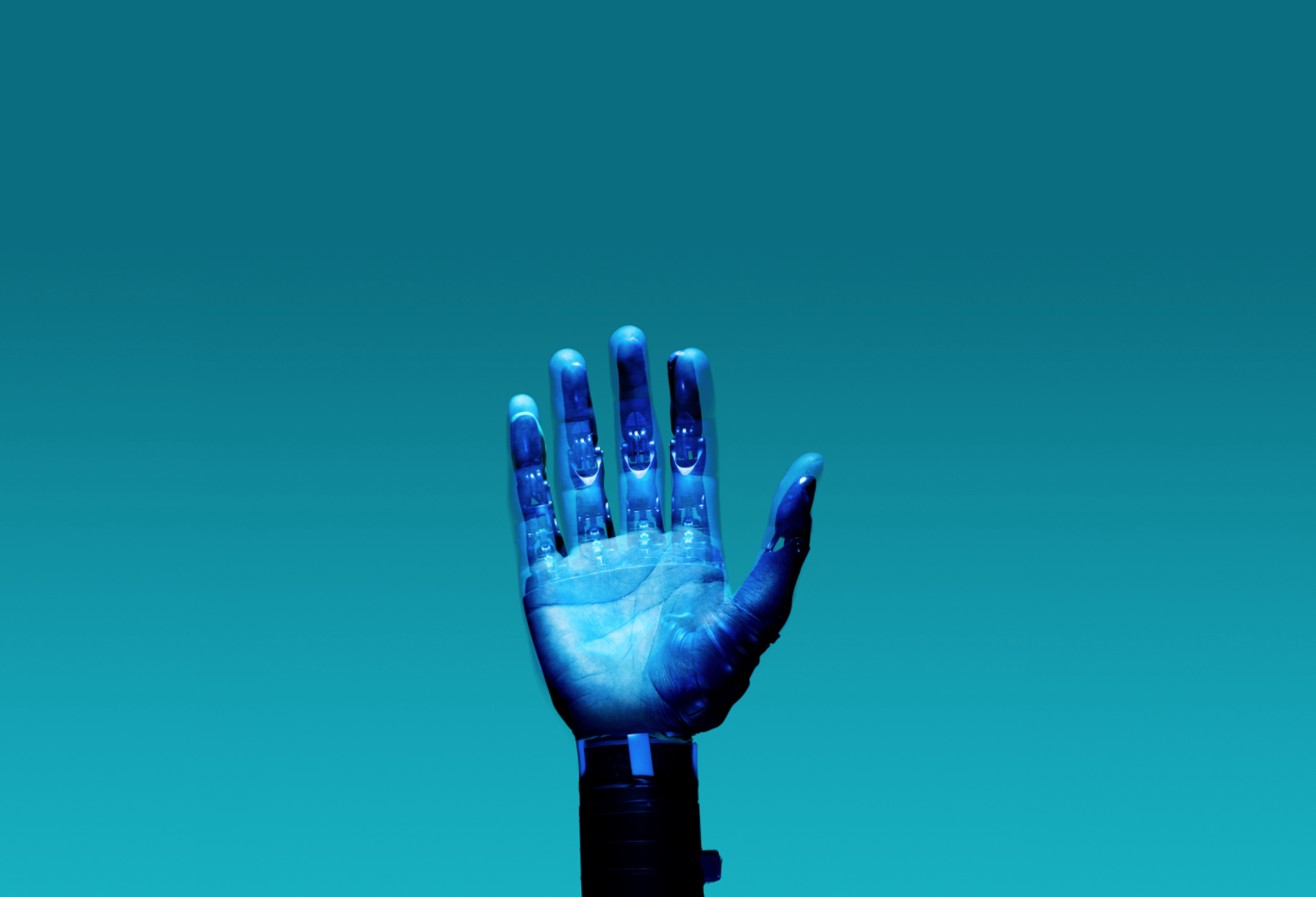
Technically Human is a podcast about ethics and technology that
asks what it means to be human in the age of tech. Each week, Professor Deb Donig interviews industry leaders, thinkers, writers, and technologists, and asks them about how they understand the relationship between humans and the technologies we create. We discuss how we can build a better vision for technology, one that represents the best of our human values.
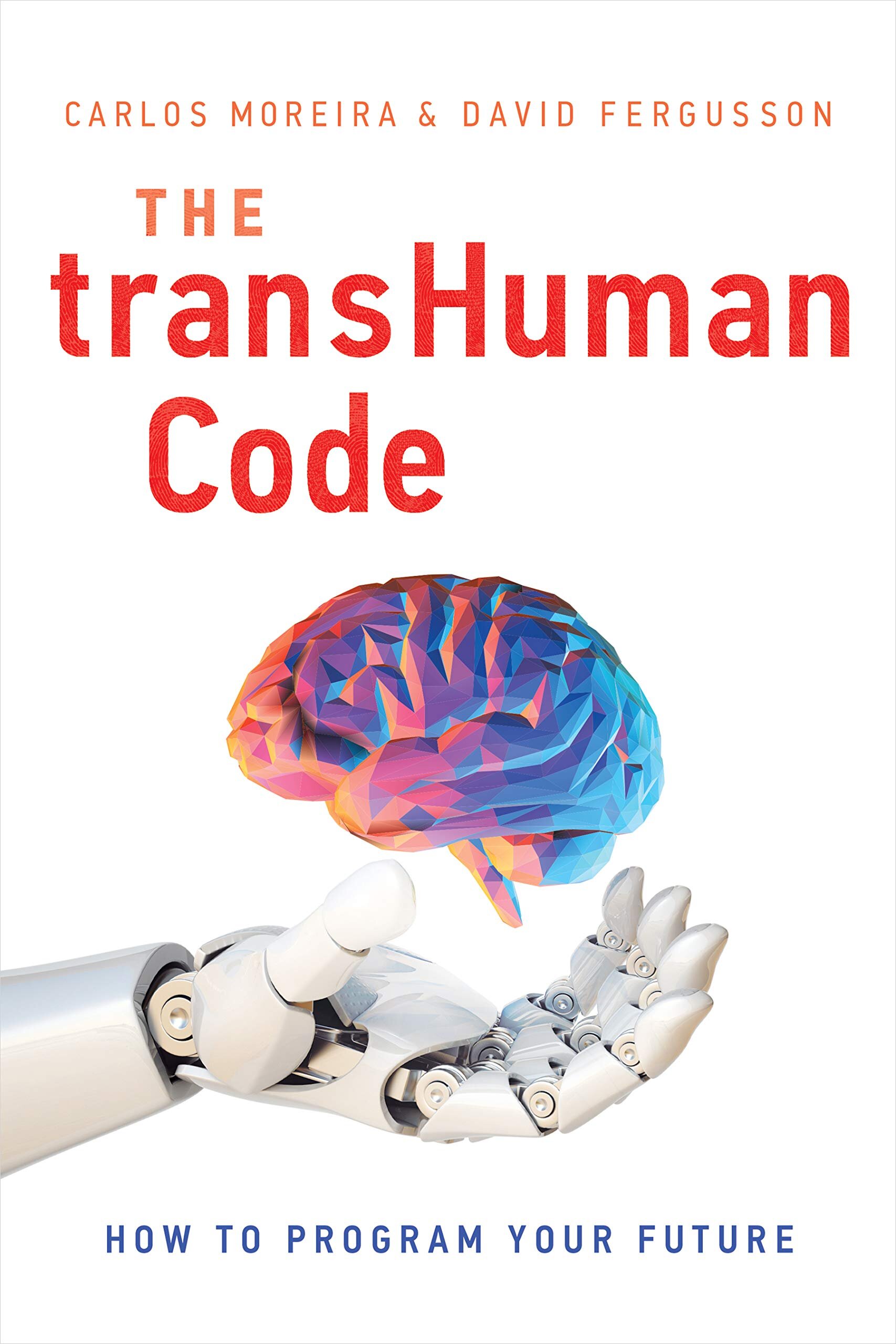
The TransHuman Code: Carlos Moreira imagines a human-centered technological future
In this episode of the podcast, I speak with Carlos Moreira, the CEO of WISeKey. We discuss the possibilities for building a human-centered technological future today—and the consequences if we do not. What does a human-centered model for technological production look like? How can we build human rights into our tech? And what needs to change to return human values to tech?

Explaining AI: Kordel France's quest to create ethical AI
In this episode, I speak to Kordel France, the CEO of Seekar Technology. We discuss the challenges of building an ethical tech company, the importance of creating unbiased data sets, and Kordel discusses the importance of making AI explainable.

Chris Wexler's Quest to Detoxify the Internet: AI and Krunam's Fight to Stop Human Trafficking
In this episode, I sit down with Chris Wexler, the CEO of Krunam, one of the world’s leading image and video classifiers of Child Sexual Abuse Materials (CSAM). We discuss the dark side of the world wide web, and Chris explains how exploitative economies of human trafficking proliferate online. We discuss how Krunam puts AI to use combatting this exploitation. We also look at the rise of social justice-oriented technologies and the rise of social impact investing, and Chris shares why he is hopeful that the future of tech investing will be social-impact based.
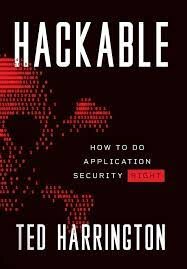
The Rise of the Ethical Hacker: The Wild, Wild West of Cybersecurity with Ted Harrington
In this episode, I sit down with Ted Harrington, the author of Hackable: How to Do Application Security Right, and the Executive Partner at Independent Security Evaluators (ISE), one of the most prominent global companies working in the growing industry of ethical hacking. We talk about cybersecurity, the growth of the "ethical hacker" profession, and how the next generation of humanists and technologists can keep the internet safe.

Captivating Technology: How surveillance technology is taking over our prisons and our bodies
We are back with a brand-new season of the Technically Human podcast! This week's episode features Dr. Anthony Hatch. We discuss the use of psychotropic drugs in prisons as a form of carceral technology, race, and the bioethics of food systems. Learn more about how technologies are mediating health data, how our understanding of our bodies changes in response to new monitoring and mediating technologies, and how Dr. Hatch is creating a space for the next generation of technologists, humanists, and social scientists to develop more equitable, ethical relationships to building tech products.

Network Technology: Dr. Ethel Mickey explains how networks structure the tech workforce
In this episode of "Technically Human," I talk to Dr. Ethel Mickey about tech's "pipeline problem." We discuss STEM culture in universities, how inequality gets generated through a culture of networking, and Dr. Mickey walks me through the pipeline from campus culture to the tech workforce.
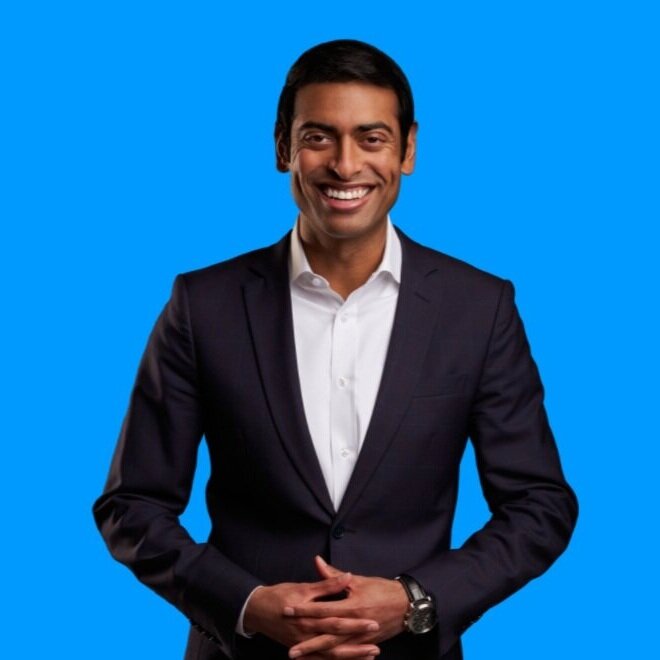
Millennial Action Technology: Steven Olikara talks tech and political activism for a new generation of leaders
In this week's episode, I speak to Steven Olikara, founder of the Millenial Action Project (MAP), the largest nonpartisan organization of young lawmakers in the U.S. Steven and I discuss the role of tech in political activism and the challenges of bipartisanship in a technological age.
JUST IN: This week, Steven announced his decision to form an exploratory committee for the U.S. Senate in Wisconsin, with the goal of running as a candidate in the 2022 election. To learn more about Steven's campaign and his vision for the senate, grounded in the ideal of dignity for all, visit www.www.stevenolikara.com.

Hard at Work: Sharla Alegria discusses inequality in the tech workforce
In this episode, I talk to Dr. Sharla Alegria about inequality in the tech workforce. We discuss tech workplace culture, the relationship between ethics and equality, and Sharla explains why robots aren't really taking your job--but growing culture of inequality might.

Digital Justice: Tech, policing, and the digital divide with Dr. Rashawn Ray and Dr. Nicol Turner Lee
In this episode of "Technically Human," I talk to Dr. Rashawn Ray and Dr. Nicol Turner Lee, both Fellows at the Brookings Institution, about race, tech, policing, and the digital divide. We talk about the role of video technology and social media in police accountability, the dangers of surveillance technologies developed in Silicon Valley when deployed in policing, and the long history--and the consequences--of the digital divide in the context of social equity.

Nintendo Nation: Jeff Ryan on Super Mario, gaming culture, and the ludology of play
In this episode, I talk to Jeff Ryan, author of Super Mario: How Nintendo Conquered America. We discuss gaming culture, the gender dynamics of the gaming community, and Jeff defines the key to gaming, in what he calls "the ludology of play."


Natural Technology: Defining Technology in New Ways with Dr.Timothy Morton
In this episode, I sit down with ecocritic Dr. Timothy Morton to talk about the relationship between tech and ecocriticism. We talk about the human relationship to the non-human world, we discuss the ethics of technological production in the age of the Anthropocene, and we analyze how the stories we tell ourselves about tech production as "progress" may bear devastating consequences in the form of environmental destruction.

Persons and Things: ThingLogix CTO Rob Rastovich talks human values and the Internet of Things
In this episode, I sit down with Rob Rastovich, CTO of ThingLogix to talk about the Internet of Things. We discuss the problem of privacy in an age where all of our things talk to one another--and where tech companies are listening in to our conversations with our devices. Rob addresses some of the ethical critiques that have emerged about IoT, and I ask him about how he understands the relationship between his work as a technologist, anchored in the digital world of tech, and his work as a rancher, anchored in the very physical world of non-human animals, plants, and land.

Body Technology: Disability and Technology Part 2 with Paralympian Ezra Frech
In this series, we talk about adaptive technologies and physical disability. In this episode of the series, Paralympian Ezra Frech joins us to discuss the disability community at the intersection of technology. We discuss disability in the space of intersectionality, the significance of sports for the disability community, and why designing for a diversity of bodies, with equity and empathy, makes a difference.


Haley Pavone Reinvents the Heel: Fashion is an Ethics and Equity Issue
When Haley Pavone proposed a convertible high heel to flat shoe, industry experts told her it was impossible. When she successfully engineered a shoe that could convert from a flat to a heel, venture capitalists often couldn't see the value--or even the problem. Fashion footwear for women is an industry developed by and run by men. In the episode, Haley talks about equity and inclusion in fashion, and explains how she engineered the first convertible flat to heel shoe. We talk about empathic and humane design, feminism and entrepreneurship, and why ethical technology requires us to think about how we'd walk a mile in someone else's shoes.
Haley Pavone is the Founder & CEO at Pashion Footwear. She is a Cal Poly graduate in Business and Entrepreneurship, and an alumnus of the University's Center or Innovation and Entrepreneurship. She has appeared been profiled by Forbes, Businesswire, and she recently appeared on the critically acclaimed and multi-Emmy® Award-winning entrepreneurial-themed ABC reality show “Shark Tank.” She’s passionate about empathic and humane design, and building collectively and collaboratively, with insight, inclusion, and compassion.

World-Building:John Maeda designs the future of art, tech, and architecture
In this episode, I give my mic over to Ana Marsh and Matt Perry, two producers on the show, for an interview with John Maeda.
Dr. John Maeda is an American technologist and product experience leader who is known around the world for building bridges between business, engineering, and design—and his dedication to working inclusively. He serves on the board of Directors at Sonos and the Smithsonian Design Museum, he is the former President/CEO of Rhode Island School of Design (RISD), and he is a Partner at Kleiner Perkins venture capital in Silicon Valley.
To quote WIRED Magazine, “Maeda is to design what Warren Buffett is to finance.”
Ana and Matt talk about what it means to blend tech and art, how we can think about the future of humane design, and how we can make tech great again.

Dr. Mark Z. Jacobson Revolutionizes Climate Science: How tech can save the world from climate change and what YOU can do to help
In this episode of "Technically Human," I sit down with Dr. Mark Z. Jacobson, one of the world's leading experts in climate science.
We talk about the technologies that can prevent environmental destruction, and how tech innovation can drive a clean energy vision for the future. Mark explains why we already have the science and tech to build this future, and how--with the political and social will--we can create a world powered by renewable energy--not in a distant future, but NOW.
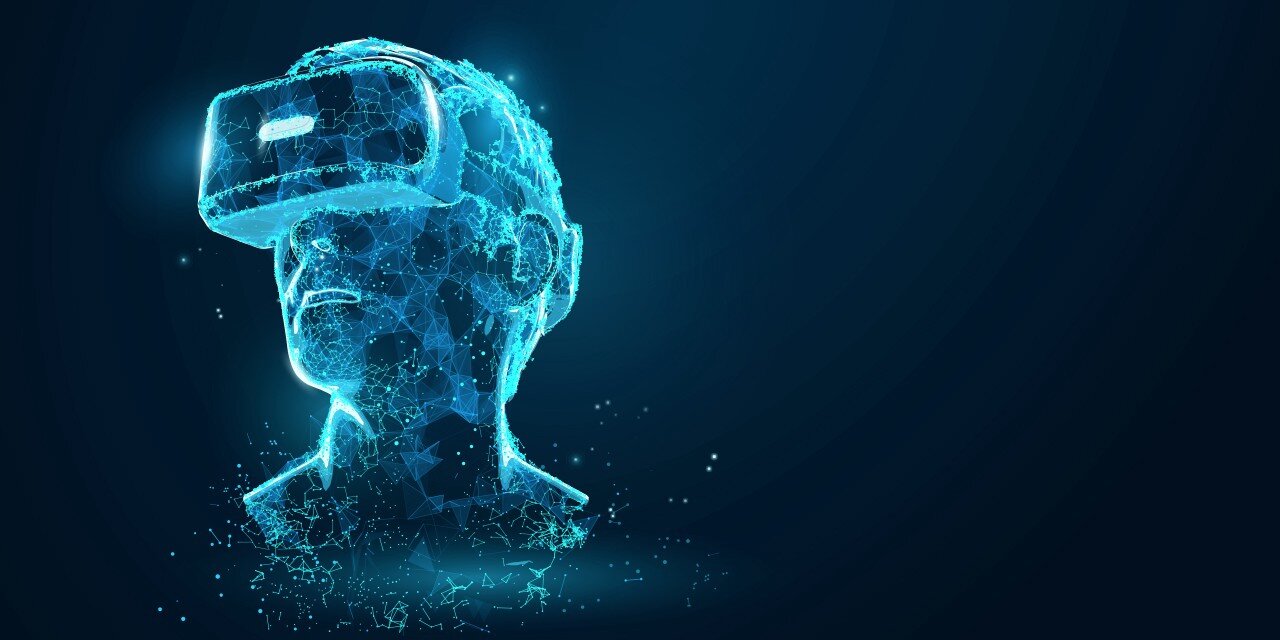
Virtually Human: Living in Jaron Lanier’s virtual reality
In this episode of the “Technically Human” podcast, I sit down with Jaron Lanier, the creator of virtual reality. Jaron and I discuss the meaning, and the future, of reality in an increasingly virtual world, and we talk about what virtual reality was in its early stages. Jaron outlines his concerns and critique of technological culture, and he explains why the kind of behavior modification and manipulation engineered by social media platforms has become, in his mind, a “Behaviours of Users Modified, and Made into an Empire for Rent," or a BUMMER.
The “Changing Minds” Series: Episode 3 with Bill Ottman
We are back with our third and final episode in the “Changing Minds” series!
Across the 3 episodes, we focus on civil discourse, and we ask what it means to engage in dialogue with people with whom we disagree, sometimes deeply. In the first two episodes, I spoke with Daryl Davis about racism, and how he envisions the possibility of changing the minds of those who believe, and participate in, white supremacist and separatist movements.
Bill Ottman is the founder of Minds.com, a new community-owned, “open source” social media network that prizes privacy, transparency, and open exchange. We explore the advantages, and the challenges, of unfettered free speech, we talk about relationship between tech and civil discourse, and Bill talks about his vision of a social media ecosystem that can help pave the way toward creating a healthier and more vibrant national conversation—not in spite of our differences and distances, but because of them.
